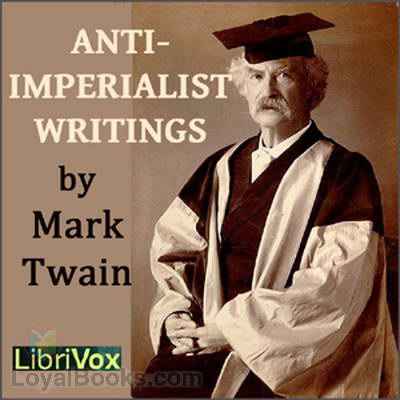Reference




OpenAI's Answer
The Boxer Uprising played a significant role in shaping Mark Twain's anti-imperialist views. Twain was outspoken in his criticism of Western imperialism, and the Boxer Uprising served as a poignant example of Western exploitation and aggression in China.
Twain's anti-imperialism is highlighted by his public declaration, "I am a Boxer, too," which he made to express his support for the Chinese resistance against foreign occupation (source: Stanford University Press). This phrase signifies his identification with the anti-imperialist cause of the Boxer Rebellion, aligning himself symbolically with those resisting imperial rule.
Furthermore, Twain's writings from this period reflect his views on the negative impacts of imperialism, as seen in his bitter criticism of Western actions during the Boxer Rebellion. His anti-imperialist sentiments were further developed through reflections and writings that critiqued not only the Boxer uprising but also other imperialistic endeavors, like the U.S.-Philippine War (source: Oxford Academic).
Twain's involvement with the Anti-Imperialist League and his strong public statements against imperial aggression reinforced his stance as one of the foremost literary figures advocating against imperialism during his time.

Follow Up
Related
What was the anti-whaling mechanism intended to prevent?
How do anti-slip paints increase surface friction in wet conditions?
Why are non-bonding anti-graffiti coatings especially useful for decorative surfaces?
What side effects are associated with anti-inflammatory drugs according to the 1992 study?